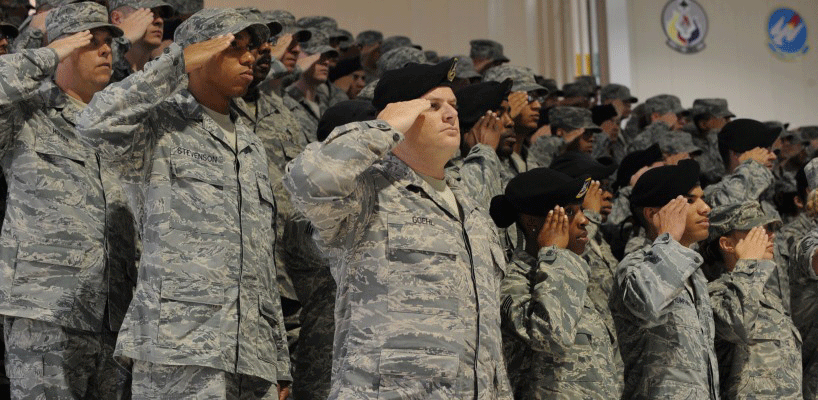Military towns are unique in many ways: some good – some not so much. However, one of the unique features are the specific types of jobs available in almost every one. If you are looking for work around a military installation, these are good jobs to consider.
Teaching
Military families usually have school-aged children. Whether teaching on post or in a local school, it is a profession that is rewarding. If new to an area, one good way to “get your foot in the door” is to make yourself available to substitute teach. In larger school districts, some teachers get as much work as they want just from subbing. And getting your name known in this way can lead to a full-time teaching position. Here are some specific stats for the teaching field:
- Median Pay: $54,550
- Education Required: Bachelor’s degree in teaching
- Job Growth: 6% (average)
- Number of Jobs: 1,517,400
- Employment Change: 87,500
Hotel Administration
Most military towns also have an abundance of temporary lodging facilities, along with on-post guest lodging. From working the front desk to managing a facility, jobs are plentiful. The job growth stat is a nation-wide average and doesn’t accurately reflect the true demand locally in military towns or in resort areas; it is much higher in these places:
- Median Pay: $21,040 (Front Desk Clerk) to $49,720 (Manager)
- Education Required: High school diploma (Front Desk Clerk) to hospitality bachelor’s degree preferred (Manager)
- Job Growth: 8% (average)
- Number of Jobs: 48,400
- Employment Change: 3,700
Real Estate Agent
You see the moving vans coming and going in military communities and on post all the time. And as you also know, it is helpful to have someone to assist you with finding housing, whether that means renting or buying. With that activity, comes a need for people skilled in real estate. There is now a certification course specifically designed for helping military families relocate – Military Relocation Professional.
The job growth stated below is another one that is skewed based on a nation-wide average. It is often higher in military communities.
- Median Pay: $ 45,610
- Education Required: At least a state-accredited licensing course; some employers require a bachelor’s degree in real estate
- Job Growth: 3% (slower than average)
- Number of Jobs: 421,300
- Employment Change: 10,900
Social Worker
Another service frequently found in abundance around military towns is social services. Military families typically need help in this area for a variety of reasons. Having the skills, experience and education required to help people is in high demand as evidenced by the job growth statistic.
- Median Pay: $45,900
- Education Required: Bachelor’s degree in social work
- Job Growth: 12% (faster than average)
- Number of Jobs: 649,300
- Employment Change: 74,800
If you are interested in any of the above careers, but are not qualified education-wise, military spouses may use the MyCAA Program (if eligible), transferred Post 9/11 GI Bill benefits, scholarships or grants to help fund your training necessary for these careers. Because eligibility to some funding sources are limited, as is the case with MyCAA and Post 9/11 GI Bill, applying at the right time can be critical to getting approved.
Most, if not all, training can be done online, so even relocating while in school does not interrupt your education. By training for a career now, you’ll be poised to enter the workforce when you are ready.




